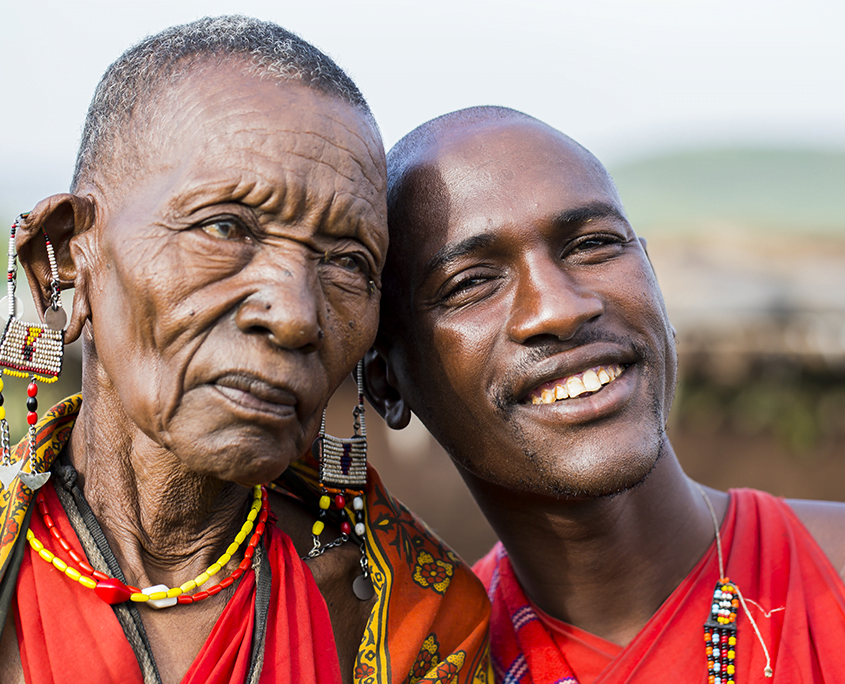A Maasai woman with her son. Maasai Mara, Kenya.
Photo Credit: 1001slide/iStock/Getty Images
International Mother Language Day
International Mother Language Day is a day set aside by the United Nations Educational, Scientific, and Cultural Organisation (UNESCO) to celebrate linguistic diversity and promote multilingual education. The theme for this year’s celebration is “Multilingual education – a necessity to transform.” This theme emphasises the importance of promoting and enhancing multilingual education in transforming education in multilingual contexts from early childhood education and well beyond.
Multilingual education is defined as an educational approach that uses more than one language as the medium of instruction. It is a necessary approach in countries with linguistic diversity where children grow up speaking more than one language. The promotion of multilingual education ensures that children can learn in the language they understand best, which has been proven to improve learning outcomes.
Enhancing multilingual education is a necessity to transform education in multilingual contexts from early childhood education and well beyond. Research has shown that children learn best in their mother tongue. Therefore, providing education in the child’s mother tongue is essential to ensure that they have a solid foundation in education. Multilingual education also enables children to develop their cognitive abilities and critical thinking skills, which is necessary for success in today’s globalised world.
Supporting learning through multilingual education and multilingualism in our fast-changing global contexts and crises including emergency contexts is crucial. With the increasing globalisation, it is essential to have individuals who can communicate effectively in multiple languages. Multilingual education promotes the development of language proficiency in various languages, which is necessary for successful communication in our fast-changing global contexts. In crises, such as natural disasters or conflicts, multilingual education is essential in ensuring that children have access to education in their mother tongue or a language they understand, which is crucial in maintaining a sense of normalcy.
Revitalising languages that are disappearing or are threatened with extinction is another essential aspect of promoting multilingual education. Languages are crucial in preserving culture, history, and identity. Unfortunately, many languages are at risk of disappearing, and this harms the communities that speak them. Promoting multilingual education can help in revitalising these languages by promoting their use and providing education in these languages.
The promotion of multilingual education is linked to Sustainable Development Goal 4 (SDG 4), which is to ensure inclusive and equitable quality education and promote lifelong learning opportunities for all. Multilingual education ensures that children have access to quality education in a language they understand best. It also promotes the development of language proficiency, which is necessary for success in today’s globalised world. By revitalising languages that are disappearing, multilingual education contributes to the preservation of cultural diversity, which is necessary for sustainable development.
International Mother Language Day serves as a reminder of the importance of promoting multilingual education. Enhancing multilingual education is a necessity to transform education in multilingual contexts from early childhood education and well beyond. It is also necessary to support learning through multilingual education and multilingualism in our fast-changing global contexts and crises, including emergency contexts.



